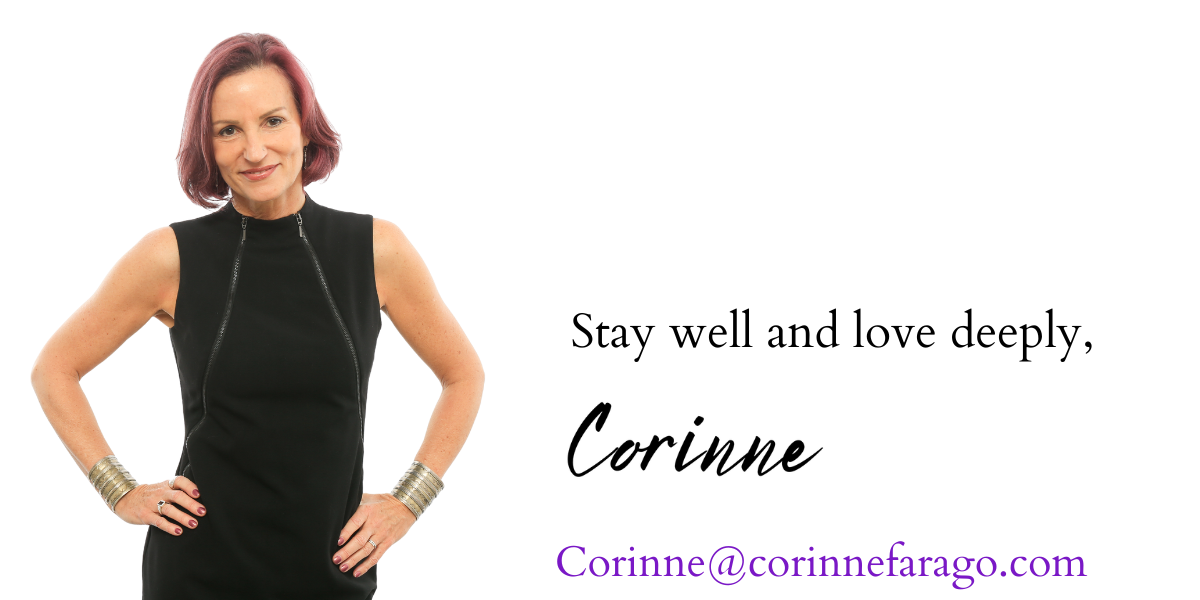I sat in on a group conversation about jealousy this week. The attendees were made up mostly of those in polyamorous and open relationships. For this group of people, jealousy is an emotion that requires honest investigation if they are to successfully live their chosen relationship models.
Those who choose to have multiple partners necessarily need to learn how to manage jealousy by working together with their partners to minimize it. It’s not an easy task, but it’s part of the territory if you want to step outside of the agreements that usually come with monogamy.
Alternative relationship models look at jealousy with fresh eyes. They acknowledge the complexity and challenge of this subject but approach it with a desire to disempower the destructive impacts jealousy can have on a relationship. These couples talk about the challenges of jealousy openly, they set clear boundaries to help manage it, but most importantly they shine a bright light on an aspect of coupledom that lurks in the shadows, filled with judgment, shame, and conflict.
I consider relationship jealousy to be one of the more painful emotional challenges, regardless of your chosen relationship model. No one teaches us how to protect ourselves from the agonizing grip of jealousy.
In full force jealousy is emotionally (and physically) overwhelming. It not only cuts to our deepest fear of not being loved, but on a very primal level, jealousy is a warning sign that even our physical survival may be threatened if we were to lose our partner to another.
If jealousy triggers the survival part of our brain into fight or flight it’s understandable then that jealousy can cause us to act, feel, and communicate from in a highly stressed state of emotions such as anxiety, fear and anger. It’s also understandable that we may be saying and thinking things that don’t reflect our ‘best selves’. In this triggered state we have no access to grounded logic or effective problem solving until we reengage our frontal cortex and regulate ourselves back into a calmer state of mind.
Returning to emotional regulation may start by taking a more objective look at jealousy as a natural part of who we are based on our past experiences or wounding. Developing compassion for our feelings is the first step in calming our triggered instinctual brains.
Our core attachment wounds often play a big role in our experience of jealousy. If we’re dependent on validation and feeling special, if we’re afraid of being alone, if we see life through the eyes of loss and scarcity, if we compare ourselves to others and doubt our own worth, if we fear rejection and anxiously seek belonging, we’ll be susceptible to jealousy.
(I’ll add a caveat here by saying that if you have good reason to be jealous based on real-life events such as infidelity or being lied to then you and your partner have some work to do to repair that damage and build trust again. Find a coach or therapist to help you through that process. Many couples come through these ruptures with more truth and intimacy than they had prior.)
If you acknowledge that jealousy strains your relationship and you’d like to work as a team with your partner to manage it, here are some suggestions to start domesticating the beast.
If you see your partner wrestling with jealousy, and you feel truly undeserving of their mistrust, rather than climbing onto your high horse of denial or self-defense, lend them a helping hand. After all, tomorrow you may be the one battling the beast. Here are some steps to take:
Talk it out
The hardest thing to do is admit that you’re jealous, without blaming your partner for making you feel that way. “I feel jealous right now, can you help me through it?” It’s a vulnerable confession that deserves a compassionate, undefended response.
Help your partner feel safe enough to share their feelings and fears. Listen to the story they’re telling themselves with compassion rather than defending yourself or immediately trying to fix it. They may feel some shame in admitting their jealousy, but sharing their story and confessing their fears can help them feel heard and calm their nervous system. Empathize with what they’re feeling. If you’ve ever been jealous yourself, remember the pain of that emotion and put yourself in their shoes.
Reassurance
After they feel heard by you, consider what they may be needing to hear from you to help them find a healthy security in the relationship. What can you say to reassure them that you’re on their side? Express your love and commitment to the relationship. Remind them of the strength of your relationship, your attraction to them, and your desire to honor your agreed upon boundaries.
Agreements
When you’re both in calm state of mind, sit down and talk about your agreements and boundaries in your relationship. Some couples bypass this conversation, assuming their partner should just know what is and isn’t appropriate. Don’t assume you’re on the same page.
Every relationship is unique and talking about how you conduct yourself around others is the only way you can know what helps your partner’s sense of security. If you’re a people pleaser you may find yourself over-extending your agreements to appease their discomfort, so be honest, and trust that your relationship is strong enough to hold the truth.
Building Trust
Trust is both given in good faith and earned over time. Our reassuring words are helpful in a challenging moment, but our actions are what lays the foundation for real trust. Keep your word. Do what you say you’ll do. Agreements aren’t written in stone. They can be changed if one of both of you feel the need for change, but broken agreements without conversation or consent is where ruptures take place. Stay current and honest with your needs, and work as a team to support each other’s sense of security in the relationship. Of course, this applies to any relationship model, whether it’s an open or closed relationship, agreements matter.
If you feel like you’re in a good place together, sit down and have a conversation about jealousy. Acknowledge the pain of jealousy and share the impact it’s had in your life.
Perhaps you don’t see yourself as a jealous person, in which case this subject may not have any charge for you at all. If so, work extra hard to stay empathetic with a partner who does identify as jealous. We all have our beasts to battle on occasion, and being there to support our partner on the front lines is what a good relationship is all about.
Jealousy is a complex and powerful emotion. It can undermine relationships and lead to separations. If you feel that jealousy is threatening your future together, seek out relationship coaching or therapy and get some 3rd party help in unraveling its sticky web.
As an online Relationship and Intimacy Coach I work with couples who want to heal their personal wounds, so they can deepen their intimacy.
If you want to find out more, set up a 15 min. Discovery Call today and get all your questions answered.



